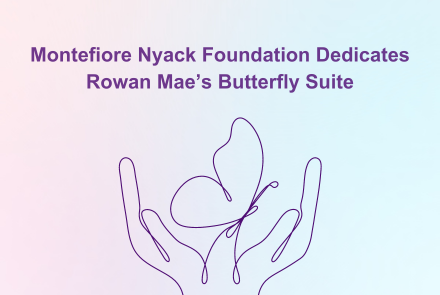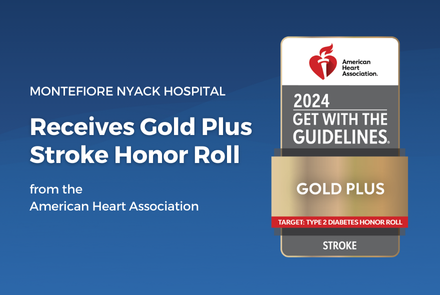Regardless of their party affiliation, many people are reporting significant election-related stress.
A recent American Psychological Association (APA) poll found that some adults feel significant stress over the country’s future. In APA’s 2024 Stress in America survey, 77% of U.S. adults said the future of our nation was a considerable source of stress in their lives. More than 7 in 10 adults reported the future of our nation as a significant source of stress in their lives, making it the most common source of stress in this year’s survey. The economy was the second most common, with 73% of adults having reported it as a substantial source of stress. The 2024 U.S. presidential election followed closely at 69%.
In 2016, the presidential election caused stress for 52% of adults—this year, that number has jumped to 69%. Additionally, many U.S. adults said they were worried that the election results could lead to violence (74% of respondents) or that the 2024 election could be the end of democracy in the U.S. (56% of respondents)
Research shows the distress we feel around politics can harm our physical and mental health. Worrying about what might happen is not productive. According to Claudia Okyere, PMHNP, Highland Medical Psychiatry, in Nyack, NY, coping with election-related anxiety and stressful discussions can be challenging.
- Take a break from the 24-hour news cycle. Read just enough to stay informed. Go for a walk, do things you enjoy with friends and family, or read a book instead.
- Cut back on social media. Political and cultural discussions on social media may cause angst and stress. Adults who use social media are more likely than those who don’t to admit the election is a very or somewhat significant source of anxiety.
- Avoid discussing the election if you think it could escalate into a conflict. Find another topic to discuss.
“There are several effective techniques to help prepare and cope with what happens after the election and anxiety in general,” Okyere says. “Regular practice of these techniques can improve how you manage anxiety over time.”
- Practice Deep Breathing: Slow, deep breaths can signal to your body that it’s time to calm down. Try the 4-7-8 technique—inhale for 4 counts, hold for 7, and exhale for 8. This can help activate the body’s relaxation response.
- Grounding Techniques: Engage your senses to return to the present. One method is the 5-4-3-2-1 technique: acknowledge five things you can see, four you can touch, three you can hear, two you can smell, and one you can taste. This can help shift your focus from your anxious thoughts.
- Self-Talk and Reframe Your Thoughts: Remind yourself that anxiety is a natural stress response and that the feeling will pass. Try to replace negative thoughts with more realistic ones. For example, if you think, “I can’t handle this,” reframe it to “I’ll do my best, and that’s all I can do.”
- Progressive Muscle Relaxation (PMR): Tense and then release each muscle group, starting from your toes and moving up to your head. This can help release physical tension linked to anxiety.
- Mindfulness and Meditation: Focusing on the present moment can reduce stress. Apps like Headspace or Calm offer guided meditations to help shift your focus away from worries.
- Visualize a Calm Place: Picture a place where you feel safe and relaxed, imagining the details. This can help soothe your mind when you’re in a stressful situation.
- Limit Stimulants: Caffeine and sugar can increase feelings of anxiety, so try to limit these, especially if you’re already feeling stressed.
- Practice Self-Compassion: Be gentle with yourself. Anxiety is a normal reaction, and there’s no shame in feeling it. Accept that it’s part of the process and commend yourself for facing it.
- Seek Social Support: Talk to someone you trust about your anxiety, whether it is a friend, family member, or therapist. Just expressing your feelings can lighten the burden and give you new perspectives on handling it.
Finally, it is important to remember that life will continue, no matter what happens after the election. The best way to combat election anxiety is to avoid catastrophizing and maintain a balanced perspective.
Highland Medical Psychiatry is located within Montefiore Nyack Hospital at 160 North Midland Avenue, in Nyack, NY. For more information, call (845) 348-2116.



 Upcoming Events
Upcoming Events



